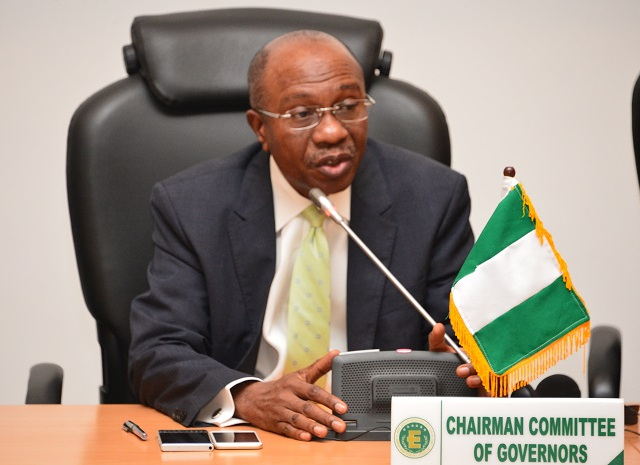The Central Bank of Nigeria (CBN) has released exposure draft guidelines for the management of dormant accounts, unclaimed balances and other financial assets in banks and other financial institutions in Nigeria. The proposed guideline aims to provide clarity on the management of dormant and inactive accounts by banks in the country, which is expected to bring about transparency in the banking system.
As per the draft, the CBN has proposed that all unclaimed balances in accounts that have been dormant for up to 10 years should be transferred into an Unclaimed Balances Trust Fund (UBTF) pool account, which will be domiciled at the CBN. The funds will ultimately be invested in Nigerian treasury bills (NTBs) and other securities as approved by the ‘Unclaimed Balances Management Committee.’
Banks and other financial institutions (OFIs) are expected to transfer unclaimed balances quarterly, retain all records of communication on the management of dormant accounts for a minimum of 10 years and maintain a register for funds transferred to the CBN for reclaim and audit trail.
Furthermore, financial institutions are also expected to contact account holders whose accounts are dormant and publish the list of dormant accounts on their websites. The draft also states that banks and OFIs should monitor inactive accounts and notify customers, protect such accounts from unauthorized usage, and establish procedures that will ensure continuous contact with customers to reduce the incidence of inactive/dormant accounts.
Banks and OFIs are also to bear the costs of maintaining inactive and dormant accounts as well as contacting customers. They are to render quarterly reports on dormant accounts in a prescribed format to Banking Supervision Department and Other Financial Institutions Supervision Department of the CBN.
The CBN has requested inputs from stakeholders, which should be sent within three weeks. The draft guideline is expected to bring about transparency, reduce fraudulent activities and ensure accountability in the banking system
